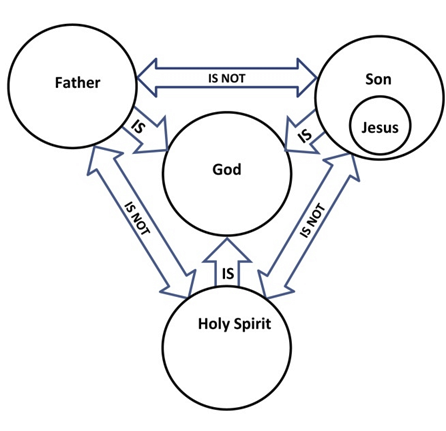This question strikes at the heart of Christology—the very identity of Jesus Christ. Is the “Son of God” an eternal divine person who coexisted with the Father before time began? Or does Scripture teach that the Sonship began in time, at the moment of the incarnation, when the Word was made flesh?
Many believers hold to the doctrine of the “eternal Son,” citing passages like John 1:1 and Colossians 1:17. Others argue that the Bible never speaks of an “eternal Son,” but instead presents the Son as the manifestation of the one true God in human form, beginning when the Holy Ghost overshadowed Mary.
At stake is more than theological nuance—it’s how we understand God’s nature, the incarnation, and the relationship between the divine and human in Jesus. Is the term “begotten” a statement about Christ’s origin, or a revelation of His role in redemption? And does “Son” imply a separate eternal person, or is it the relational identity God took on for our salvation?
Let’s explore the Scriptures together—without creeds, without assumptions—just the inspired Word of God. What do the prophets, apostles, and Jesus Himself reveal about the nature of the Son?


